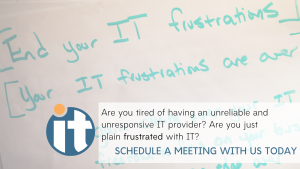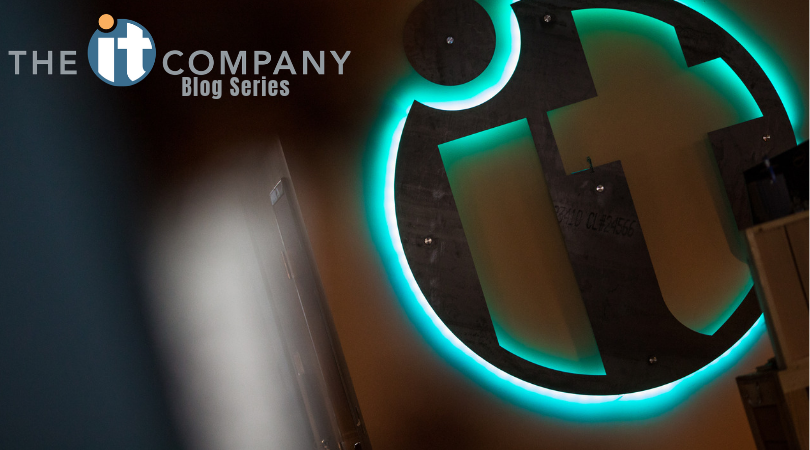3 Reasons We Don't Hire Entry Level Engineers
There’s a little secret in the Managed IT space that most providers don’t want you to know; the way they create success for themselves is by hiring entry level people to take the front line issues, which in turn, saves them money by not having to pay them as high of a salary as they would a more experienced engineer. Now on the surface this doesn’t seem like a terrible strategy - reality is most of the issues an average customer calls about could probably be solved by an entry level engineer with limited to no experience, but practically speaking, this isn’t what happens.
See if this sound familiar? You call into ABC IT Provider to get help. The Service Coordinator logs your ticket and sends you on to the Level 1 Service Desk Engineer to work on your issue. When they get you on the phone, they begin to ask you a lot of questions and document your problem. Sometimes they connect to your computer and start to see what your issue is and in the background you hear them pecking on the keyboard googling the issue. Before too long, they tell you that they need to escalate your issue to a Tier 2 resource, or get more information and will call you back. Here’s where it goes off the rails - they never call back, or you start get bounced around to multiple people, who may even be in multiple cities. If someone does reach back out, they start asking you all the same questions, again. By this point, you are 4 hours, or maybe a coupe of days down the road of your issue. You are frustrated, and your problem hasn’t been solved.
CEO of The IT Company, Paul Sponcia, once built an IT business with this design, and they grew fast and created an engine that could operate pretty efficiently for them - but not for the customer. Paul shared that " As we grew, frustrations grew over the inability to get support fast and the inability to connect quickly with someone who could actually fix the issue quickly, without having to be bounced around to multiple people and tiers." He said customers were frequently saying, 'Can’t the person who gets my issue first be the one who fixes my issue?' So this time around, Paul Sponcia knew that if he wanted to scale, the same model would have to be implemented, but he couldn’t reconcile that with the mission he was building his next IT business off of, “Happy Customers” - there had to be a better way.
So, what are the 3 reasons we don’t hire entry level people at The IT Company?:
- It’s not good for our customers. They aren’t happy customers when they have experiences like what was described above.
- It’s not good for the entry level engineer having to take the issue. What are they learning, how are they being put in a position to win? Happy employees = Happy Customers
- It’s not good for the business. We might be able to “scale” fast, but we’ll be cracking all over the place, continually making it hard to be successful and difficult to be true to who we are and who we want to continue to be.
The IT Company's model is this:
- ONY hire technical resources who have at least five (5) years of direct IT experience. While they won’t know the answer to everything, they will know the answer (or how to find it) for most things. As well as be able to understand how to engage others, instead of just bouncing you around.
- ONLY take on 12 - 16 customers per year, which allows us to control our “scale.” By doing so, we can ensure the experience for each customer is consistent over and over again.
- ONLY implement based on standards each time - a set of standards for each customer ensures that the technical people you do interact with are not only qualified, but they aren’t trying to figure out the basic configurations that are unique to each customer - everyone is 90% the same, so that translates to faster response and resolution.
At The IT Company, we eliminate the frustrations being felt by business leaders who are struggling with an IT provider who has become unreliable, unresponsive and unable to scale with their business. We become their IT department so they can stop wasting mental and emotional energy worrying about IT, and can instead focus on serving their customers.



